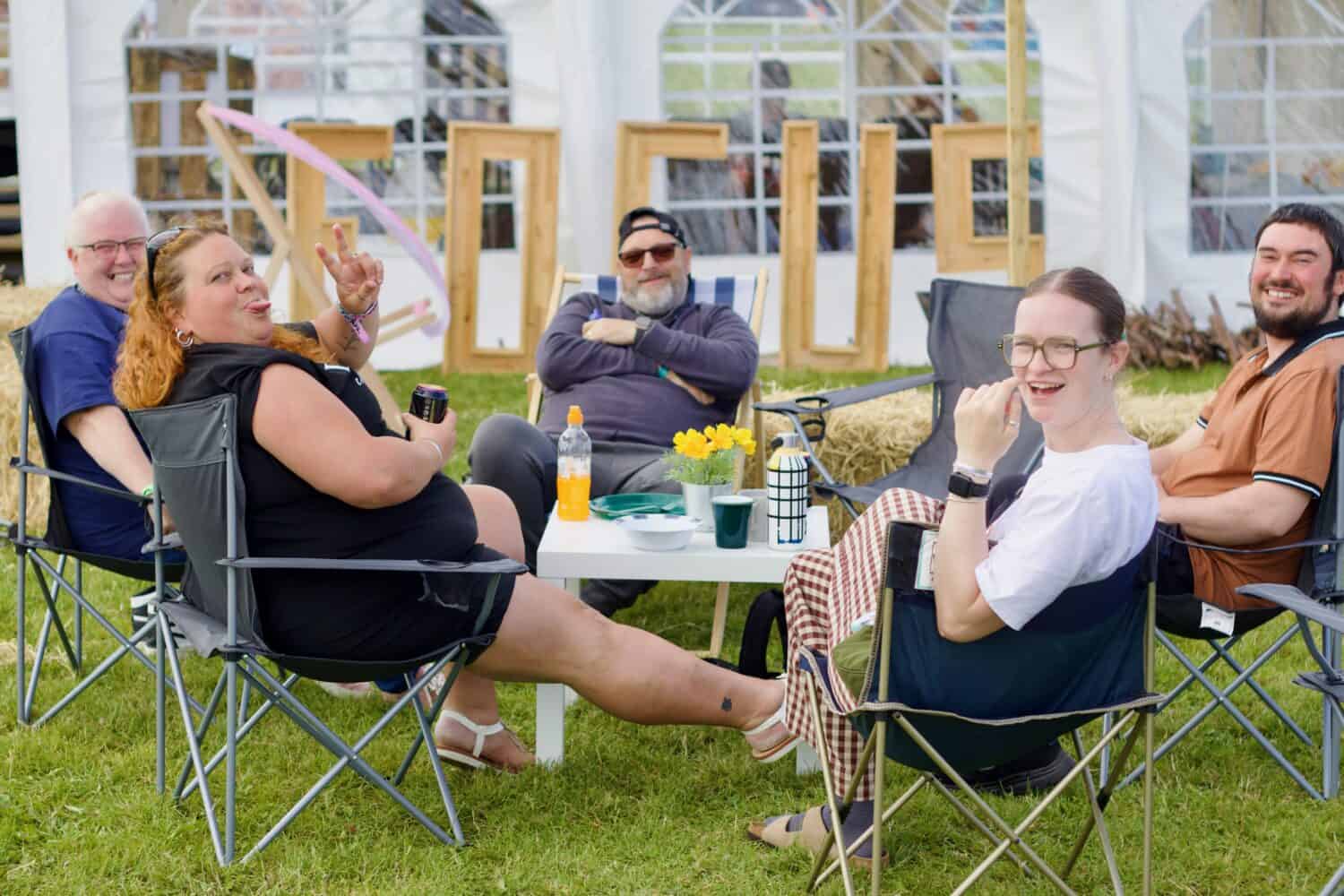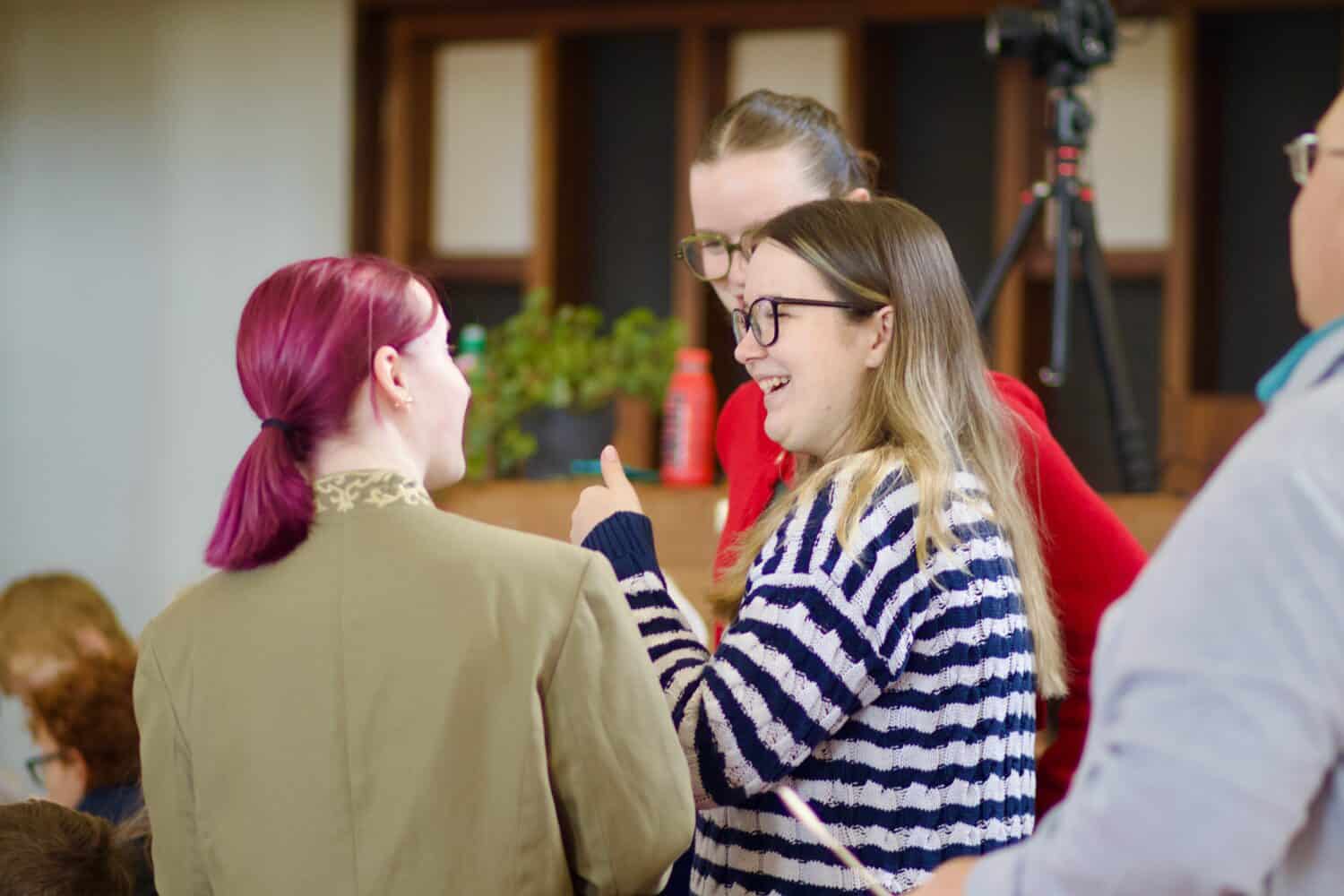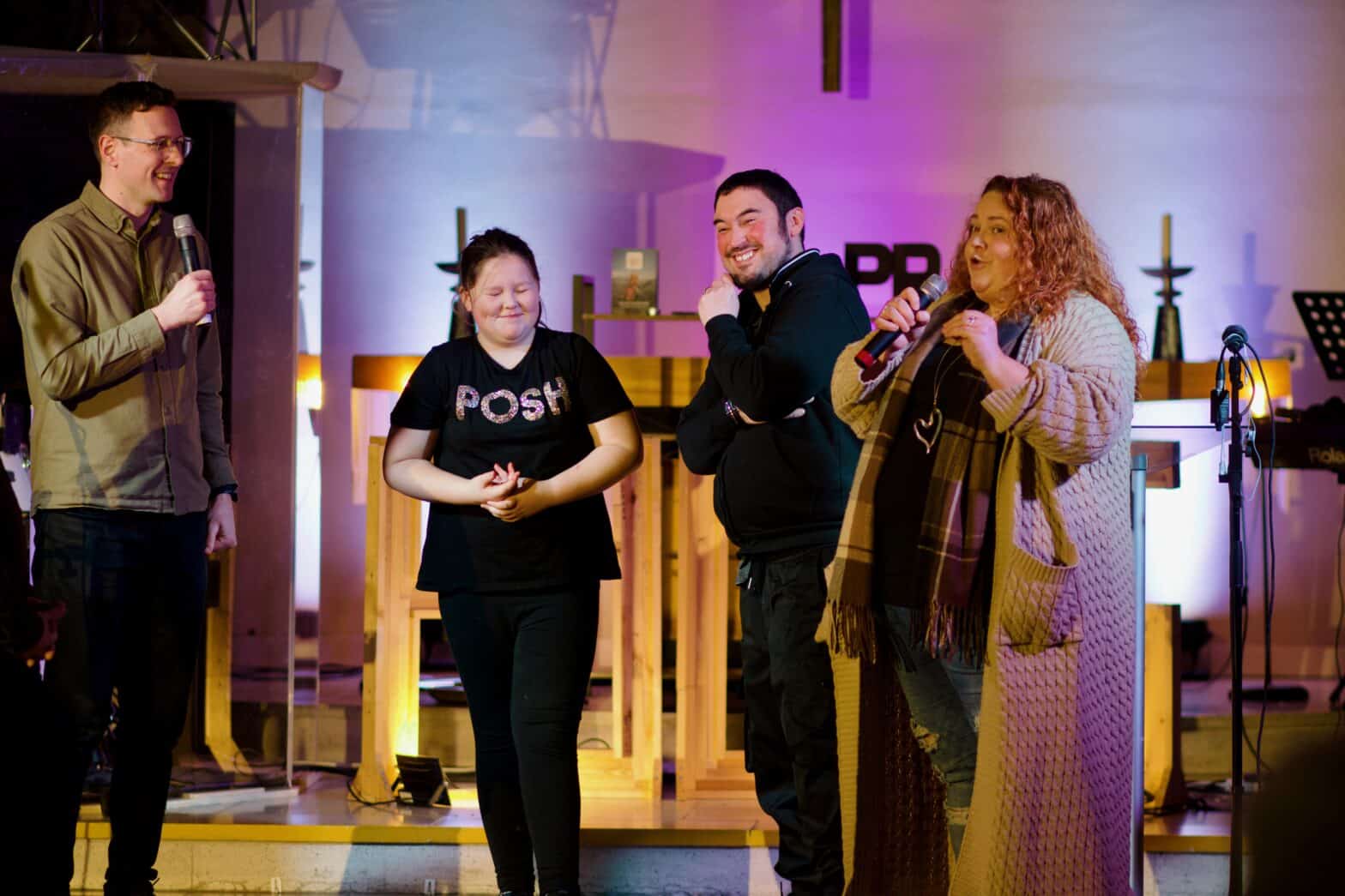On the brink – now on the up: How a Grimsby church grew a congregation fiftyfold
Rev Matt Rodgers shares the joys of growth at St Mark’s Church, along with the challenges they face and how they have addressed these challenges
THREE AND A HALF YEARS ago St Mark’s Church in Grimsby, with a congregation of five people, faced closure. In a remarkable turnaround the church now welcomes a congregation that numbers 250 people, many of them new to church.
St Mark’s was planted from St Swithin’s in Lincoln, which itself was an SDF-funded church plant. It is also in the unique position of being a resource church and an estates church. Its vision is to be a place where people encounter the love of God, where the church is released to live for Jesus, and where we go to see lives and communities transformed.
“Our vision statement has been about embedding and keeping it really simple. We always ask ourselves, ‘Do our activities align with our vision?’”
Matt Rodgers, Vicar at St Mark’s
The team at St Mark’s long to see spiritual and social transformation in the area. Matt emphasises the importance of getting to know the local community and understanding their needs. “Our approach was to meet as many people as possible and ask, ‘What can we do to serve your community?’” he says.
“By meeting a lot of people we created a culture of invitation and got people to come to church. We didn’t think a lot of people would come but they did, people turned up on Sunday morning.”

Matt explains that the threshold is big for many of the community members who have had no prior contact with church as they worry they will not know the etiquette – for example, some were worried about their children being noisy. “We were explicit in saying, ‘You should come and try church’. We did not want a divide between “church folk” and “community folk” – everyone is church folk whether they attend a coffee morning or a service.”
One of the big challenges Matt’s team faced was the precarious finances at St Mark’s – there was no money in the bank account. Being situated in an area of deprivation brings challenges around making the church sustainable so that it can retain three full-time staff, pay parish share and support the building. St Mark’s was awarded £75,000 of Strategic Development Funding (SDF) as seed money to set up the plant and to help up the level of generosity in the church.
“People are generous but live on benefits, so they cannot tithe to fund a significant staff role,” says Matt. “The PCC are thinking about what is sustainable in the location, it’s got be about mobilising those who are generous with their time and exploring vocation with lay people.”

Another challenge is the personal cost of setting up a plant to both Matt and the volunteers. “You have to model your values and be the first to give sacrificially,” he says. “It’s costly to your family, it can be costly moving to an area you didn’t think you were going to live in. For those that get that, it’s a joy because God is generous. You need a level of maturity to step out with your team and walk with God.”
Key to the success of St Mark’s is the church’s willingness to try new things and adapt. Alpha has played a big role in church growth for St Mark’s and helping people explore faith. They also run small groups in people’s homes as well as Bible studies, men and women’s groups and other small groups where you share your prayers and requests. Matt describes it like putting a menu together and letting people choose what works for them.
“Recognise that everyone needs discipling.”
“Try things but recognise that not everything will work,” advises Matt. “Recognise that everyone needs discipling. Just because they don’t come, it doesn’t mean they won’t engage – you need to find the model that works for them.”
An example of having to pivot plans at St Mark’s was with the Alpha course which Matt began running in the evenings. However, a lot of people on the estate worked shifts in the evening, so they decided to run both morning and evening Alpha sessions to catch more people.
Matt cites mentorship as an important form of support. “I’ve had a mentor throughout my Christian life – it’s about Christian formation and your personal discipleship. I insist on people having a mentor outside the parish to work on Christian leadership. Those that have it flourish, those that don’t have struggled. You need a mentor to ask the right questions – my mentor pushes me deeper and deeper because he knows my areas of vulnerability and will hold me to account.”








